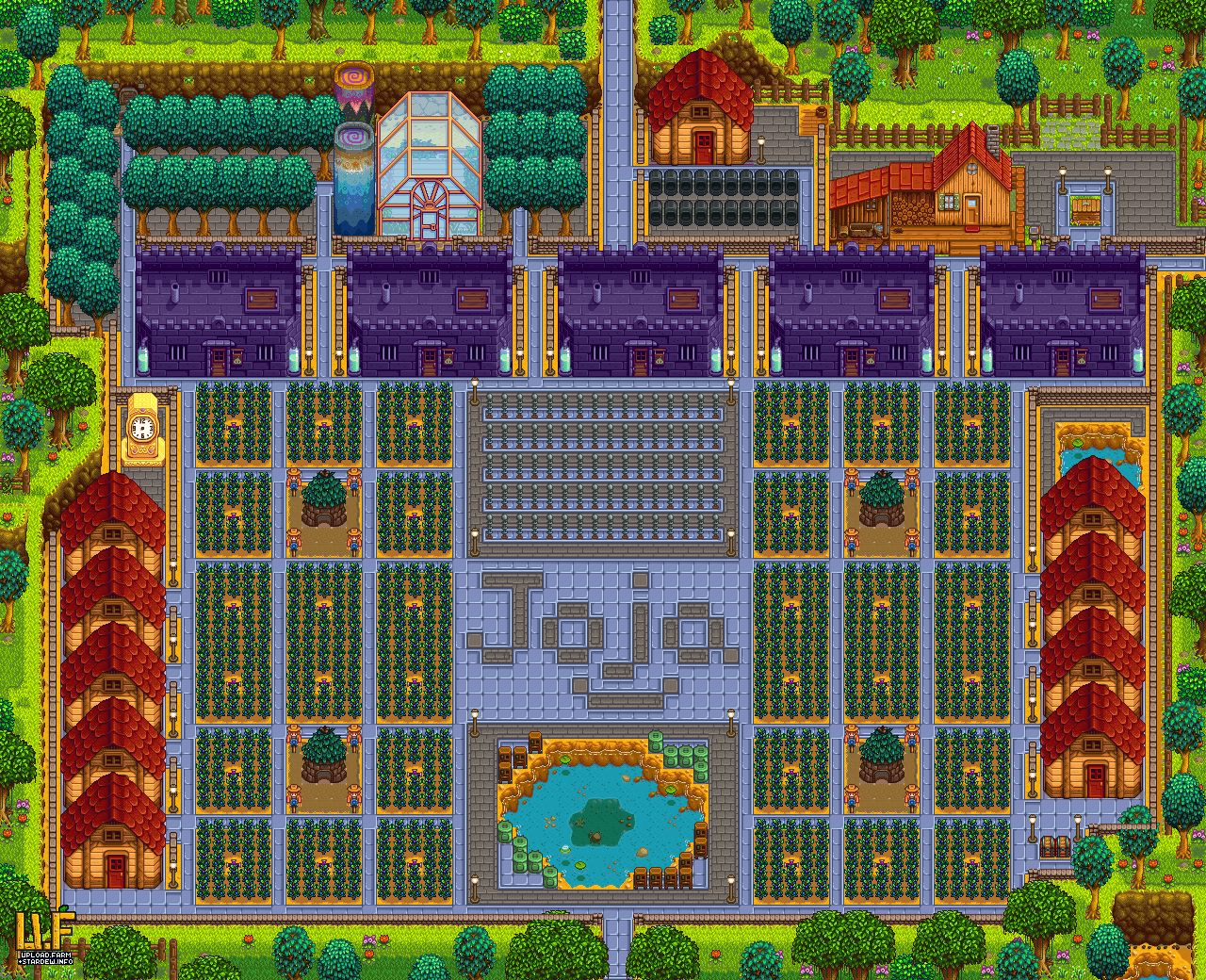Years ago, your grandfather gave you a gift and told you to open it when you feel ready. Years later, you find yourself working for a company whose logo bizarrely resembles Amazon, sitting in one of many cubicles that look like the stereotypical boring desk job nightmare. When my avatar had the water emote over her hand, I genuinely thought the game developers were referring to how Amazon employees don’t have time to drink water or use the restroom.
This is a fun roast, I thought, and went into the game with such an impression. As I explored Pelican town and interacted with the characters (it took me a whole season to find Sebastian), I avoided Joja Mart like the anti-corporate poster child I wanted my avatar to be, only going in to snoop out what my enemies are up to. Every time I see Pam walking in there, I have the urge to stop her and give her a lecture on how her action could potentially ruin the town. The idea of turning the community center into a JoJa shipping center appalled me, even though I’m curious to see how that story would unfold.
However, does Stardew Valley criticize capitalism, urbanization, or is it only directed toward big corporations?
Pelican Town is small, secluded, and surrounded by nature. The bus can take the player to Calico Desert, but it is rather abandoned and doesn’t have a lot of natural resources or people. Tourists at town fairs comment on the bus taking a few hours, so Pelican Town is really a remote, self-sustaining microcosm. The setting is not exactly #cottagecore, because the player is the only farmer in town with a large plot of land, but definitely small town chic. Let’s then take a look at the businesses in town. There is a tavern, a grocery store, a blacksmith, a carpenter whose husband does ecological research, a rancher, and a sewing machine in Emily’s house. Based on this weird mix of traditional and modern professions, I don’t think Stardew Valley criticizes modern life, and Pierre is quite a cunning business owner.
So, does Stardew Valley criticize capitalism? Well, if your player bought the Joja membership, the game is perhaps about capitalist triumph, but it would be ironic – you left Amazon, sorry, Joja Corporation, only to let JojaMart ruin your grandfather’s quaint little town? In capitalism, the worker is being paid an hourly wage and doing simple labors that almost anyone can be trained to do, and therefore replaceable. In Pelican Town, Shane is probably paid hourly at JojaMart and is always grumpy, so the game naturally orient the player toward disliking anything associated with the corporation, not to mention the anti-corporate backstory. On the other hand, Pam and Jodi both comment on JojaMart being cheaper than Pierre’s, so is JojaMart completely evil? After all, Pierre is not the most likable character either.
As I was looking for more information on JojaMart, one article written by Andy Holt caught my attention because of its title: “Microsoft Confirms ‘Stardew Valley’ Coming to Game Pass as Long as We All Agree Joja Corporation Is Not Evil.” Phil Spencer, VP of Gaming at Microsoft, stated that “Stardew Valley was made with care by a genuine artist […] That’s how the game is able to get across such powerful messages, like ‘community is good’ and ‘nature is good’ and ‘JojaMart is good.’ Emphasis on that last one, because it’s a dealbreaker.” Since corporations don’t like how players feel about Joja Corporation, I can confidently say that although the gameplay of Stardew Valley allows for big corporations to possibly thrive, most of the players are guided by stories and dialogues to avoid the possibility, and the availability of this choice only makes the game resemble real life, which is ingenious. Even if players don’t have strong feelings on the topic of corporatism, by completing the community center quest, they start to orient themselves as saviors of Pelican Town and feel a sense of triumph when JojaMart goes out of business. Therefore, I think Stardew Valley is meant for people to reflect on the effects of corporatism in their lives and local communities without overtly criticizing it.
